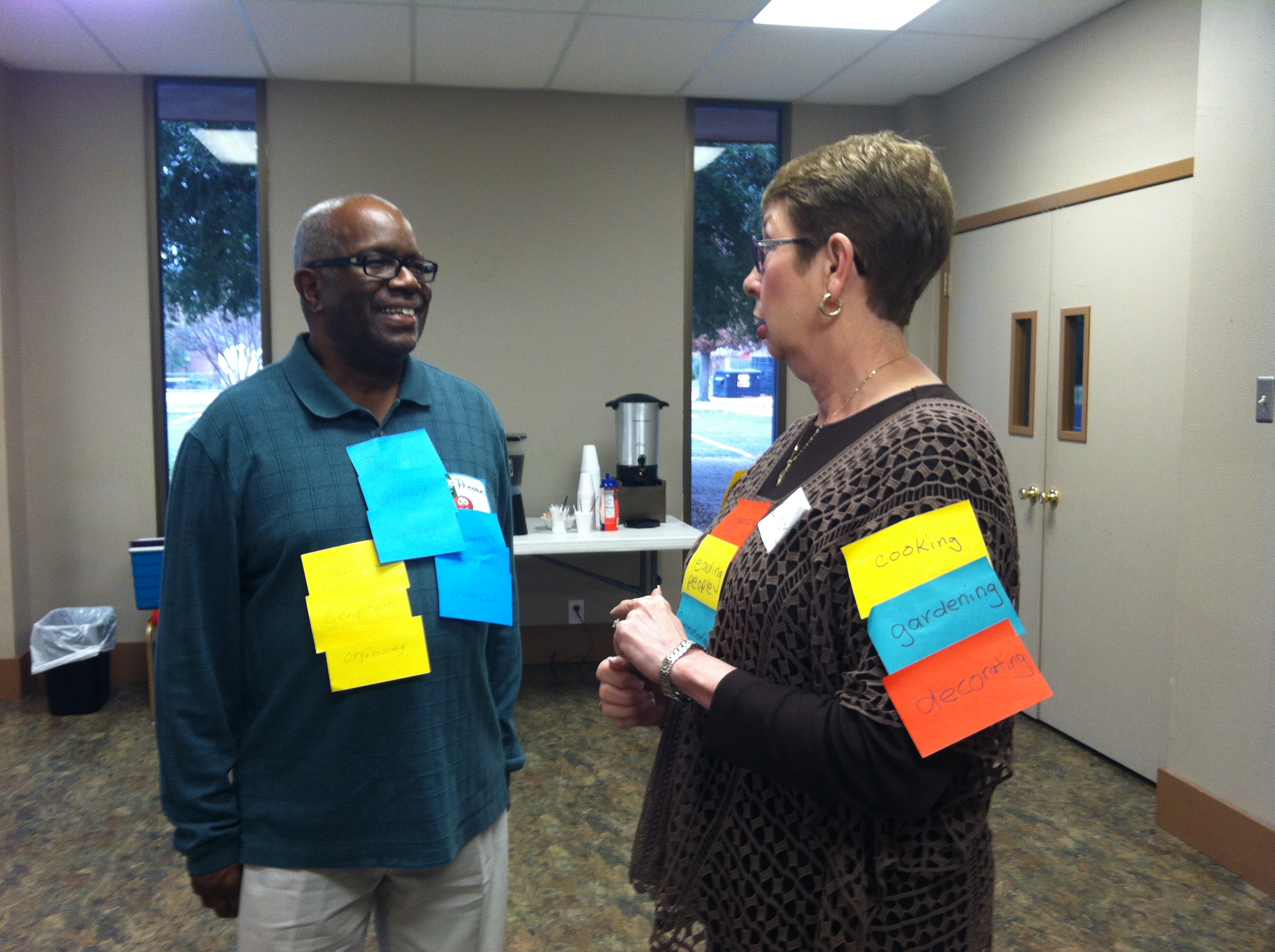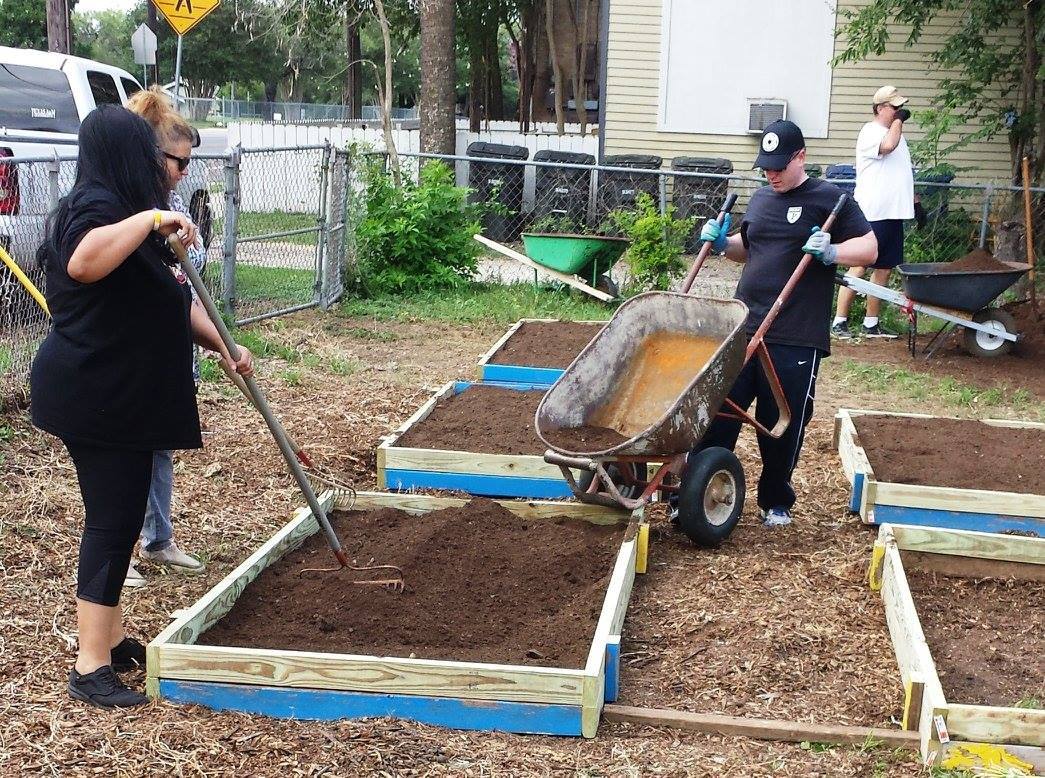Where Are They Now? (Part One)
New knowledge and fresh perspective can lead to long-term benefits. This is one of Partners’ core beliefs. We know that our consulting services initiate changes that ripple into every area of a congregation’s mission.
To show this principle in action, we decided to revisit some sacred places we have served. What’s happening with them today? How do they look back on our influence?
First United Methodist, Irving, Texas
In 2015, the North Texas Conference of the United Methodist Church contracted with Partners to enroll six of its congregations in our program called Strategic Investment in Sacred Places (SiSP). The first year of SiSP includes our New Dollars/New Partners training, followed by a year of support consultation.
All six churches face the challenges of changing neighborhoods and dwindling memberships. One of them is First United Methodist, Irving, Texas. Founded over a century ago - six years before the establishment of Irving itself - FUMC grew along with the city, and today has a large physical plant.
Cindy Alleman, longtime FUMC member, was part of the team selected for the training. She says that the Asset-Mapping module, presented by Rev. Mike Mather from Indianapolis, had an immediate impact that first year.
“As he used illustrations about his church making contact with its community,” she says, “it becameclear how many opportunities we have here at FUMC. This was an ‘aha moment’ for all of us. We have so many assets in our facility: two functioning kitchens, multiple classrooms, a gym, a new sanctuary that could be used as a concert hall, possibly for schools with no auditorium. We began to seriously explore how all our spaces could serve our community.”
The other module that captivated the FUMC team had to do with capital campaigns.
“Partners approach to fundraising opened our eyes,” says Alleman. “They taught us to not just look to our church members for funding, but to expand the circle to friends, relatives, past members, civic leaders – everyone who might have a stake in seeing our congregation survive and flourish.”

Cindy Alleman talks with Preston Weaver,
Pastor of Kirkwood UMC, Irving, Texas, during the Asset Mapping training
FUMC is now in the second year of SiSP. They have applied for a seed grant through Partners, made possible in alliance with the North Texas Conference and the Lilly Endowment. They hope to hire an architect to evaluate their hospitality spaces. The goal is to make these areas more attractive for new partners in the community. They will use the architect’s report as the foundation for a financial feasibility study and a possible capital campaign.
“Sharing our space is new for some of our members,” says Alleman. “But this openness has already led to a yoga class and an AA meeting. We are at the beginning of a new era in utilizing our building as a tool for mission and outreach.”
Baptist Temple. San Antonio, Texas
Located in downtown San Antonio – our nation’s seventh largest city – Baptist Temple maximizes the use of its facility. They credit much of this momentum to their 2015 participation in Partner’s New Dollars/New Partners training. Pastor Jorge Zayasbazan puts it this way.
“What struck our team was the overall value of our church to the community outside its membership. We saw the great need to tell our story so that we can develop fruitful partnerships.”
The church has indeed forged these alliances. Five unique congregations now use their building, as well as a charter school, a free counseling program, and an initiative called Freed by the Truth, which helps ex-offenders stay out of trouble. They recently broke ground on a community garden.
Baptist Temple is moving away from the concept of “rental,” especially since they offer space well below market standards. Instead, they use the term “shared maintenance.”
“This property,” says Zayasbazan, “is ultimately owned by God, and we are inviting the entire community to share in its upkeep. This is a completely different mindset for everyone involved.

Members of Baptist Temple
at work on their new community garden
“For any congregation considering involvement with Partners, I would unquestionably say, ‘It is well worth the effort!’ Even if you already have a basic understanding of these principles, it will open the eyes of your church. Our membership soon saw these practices as anything but radical. They are working beautifully in so many contexts around the country!”